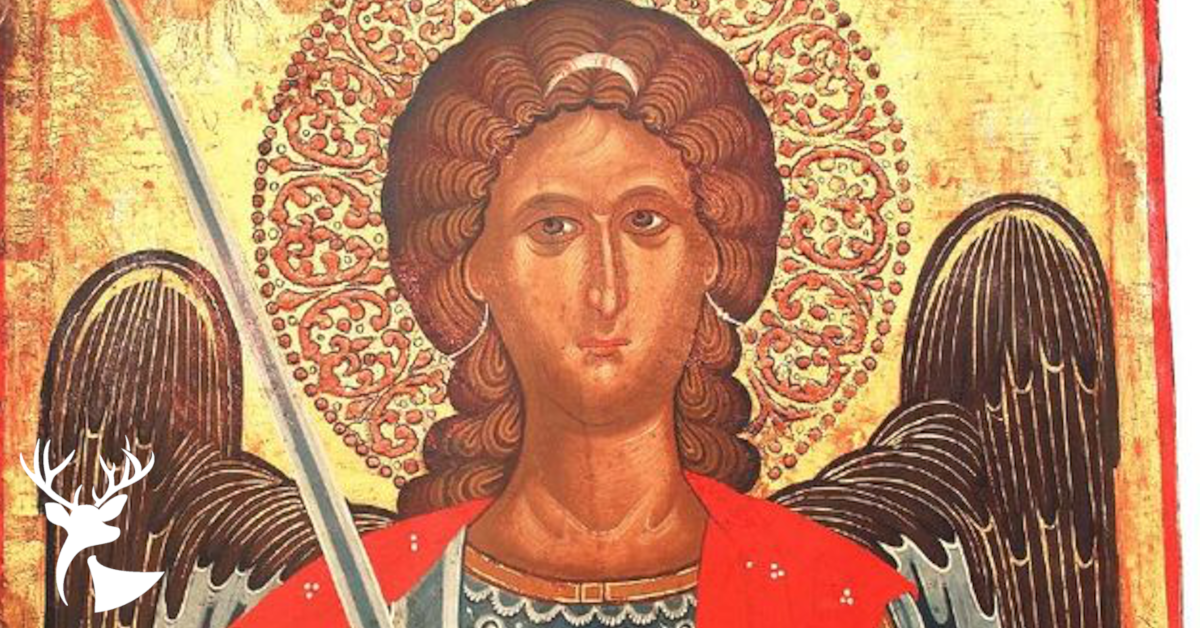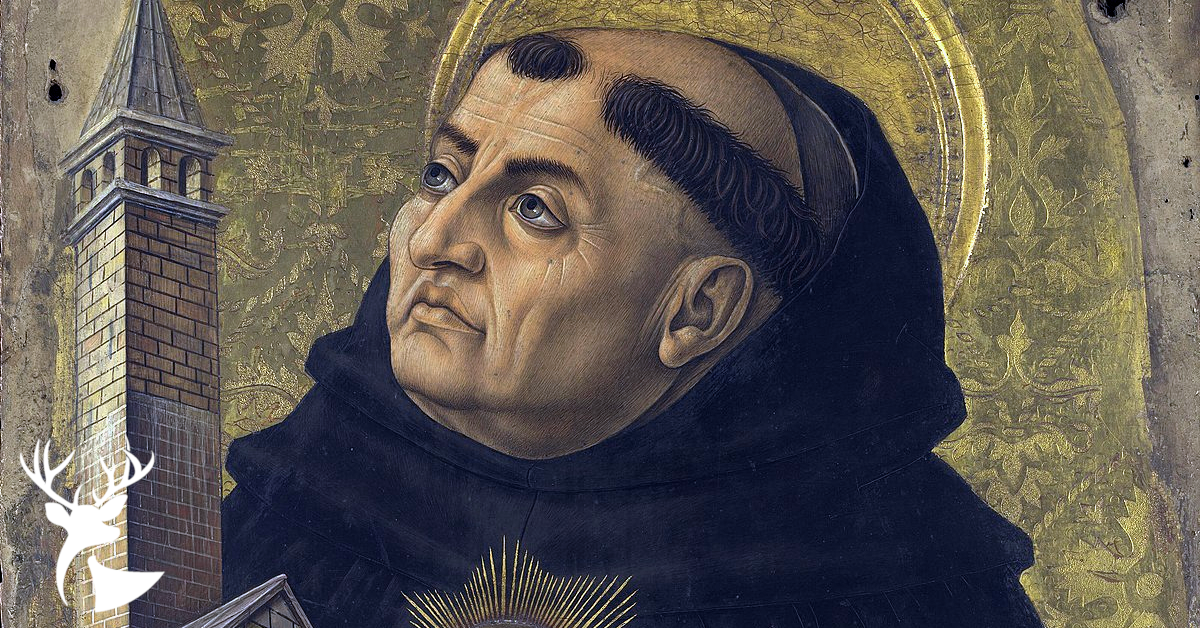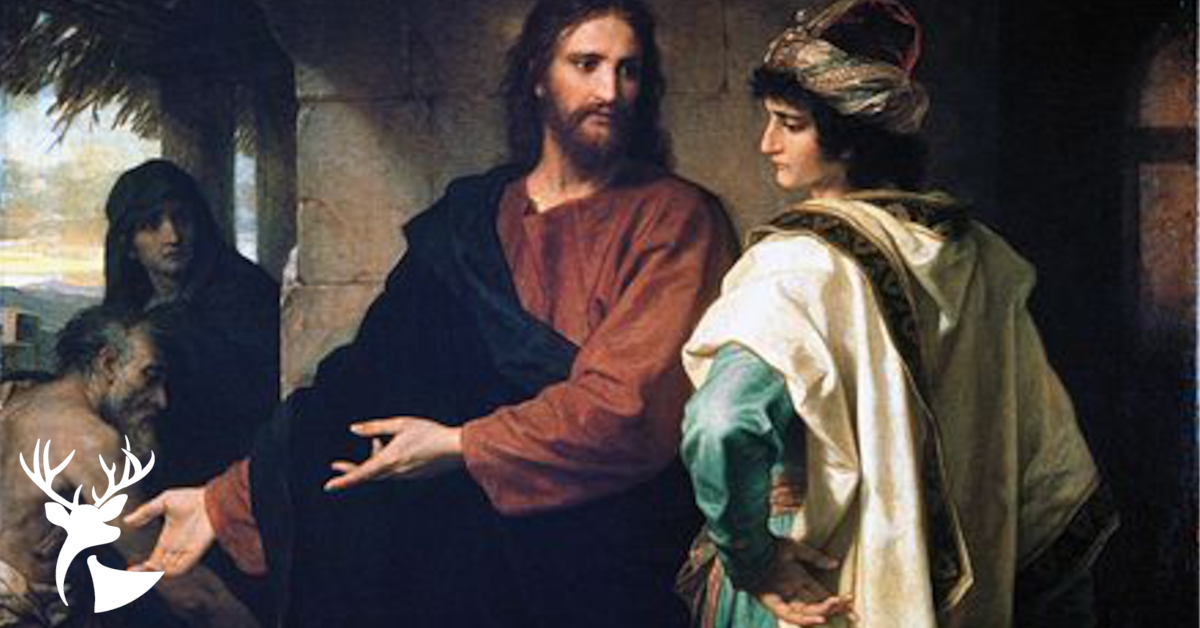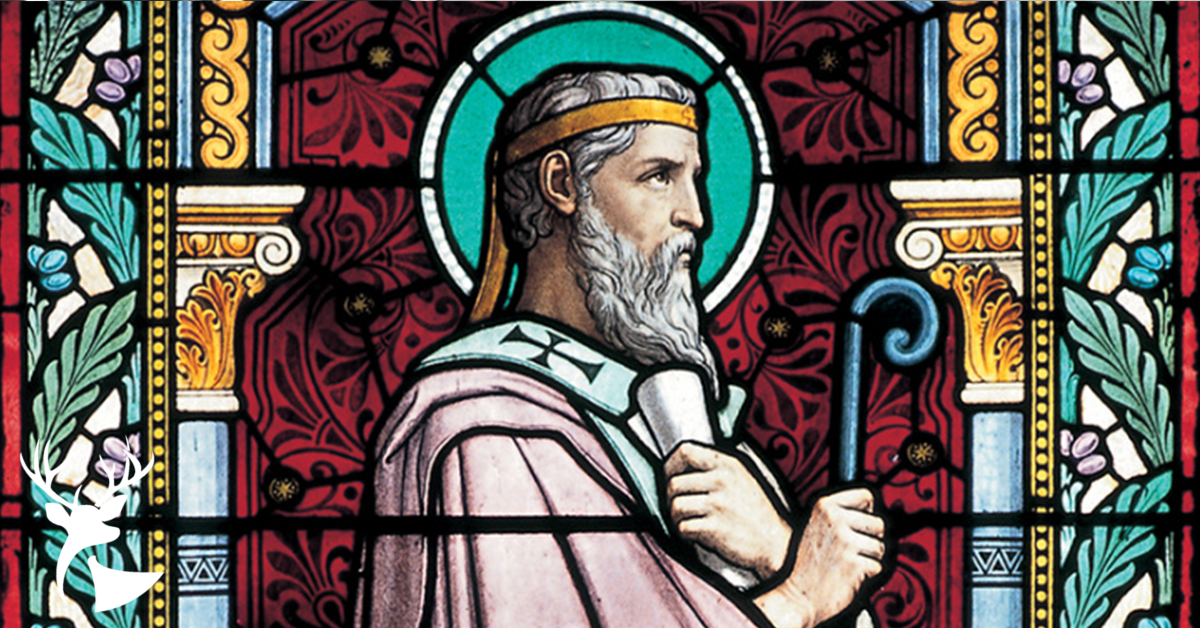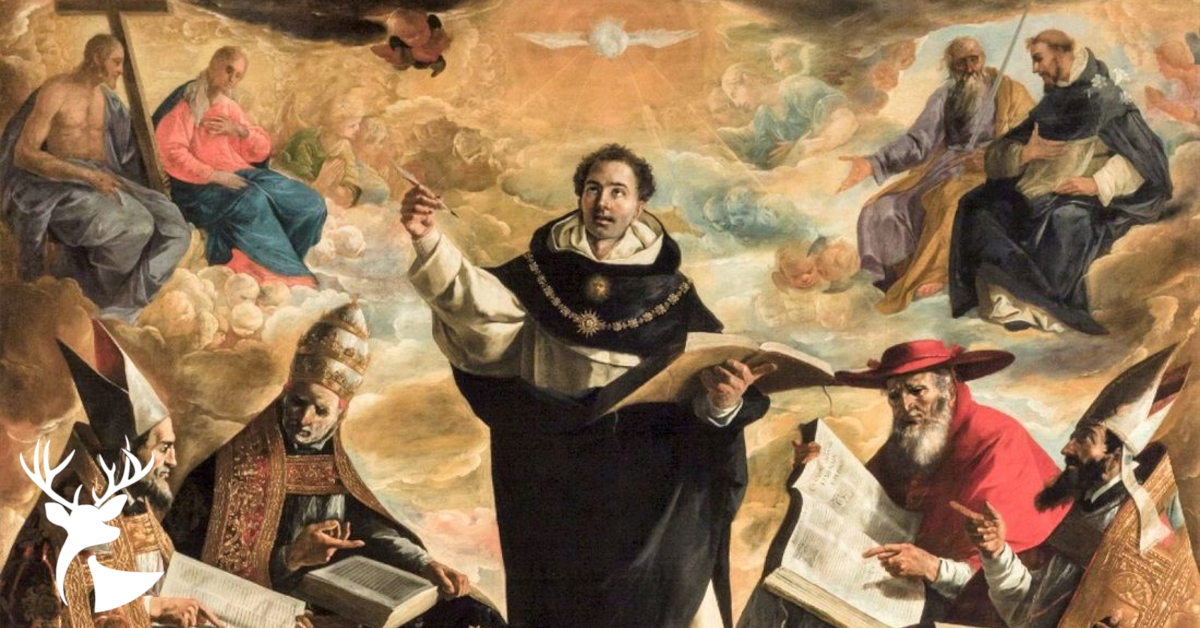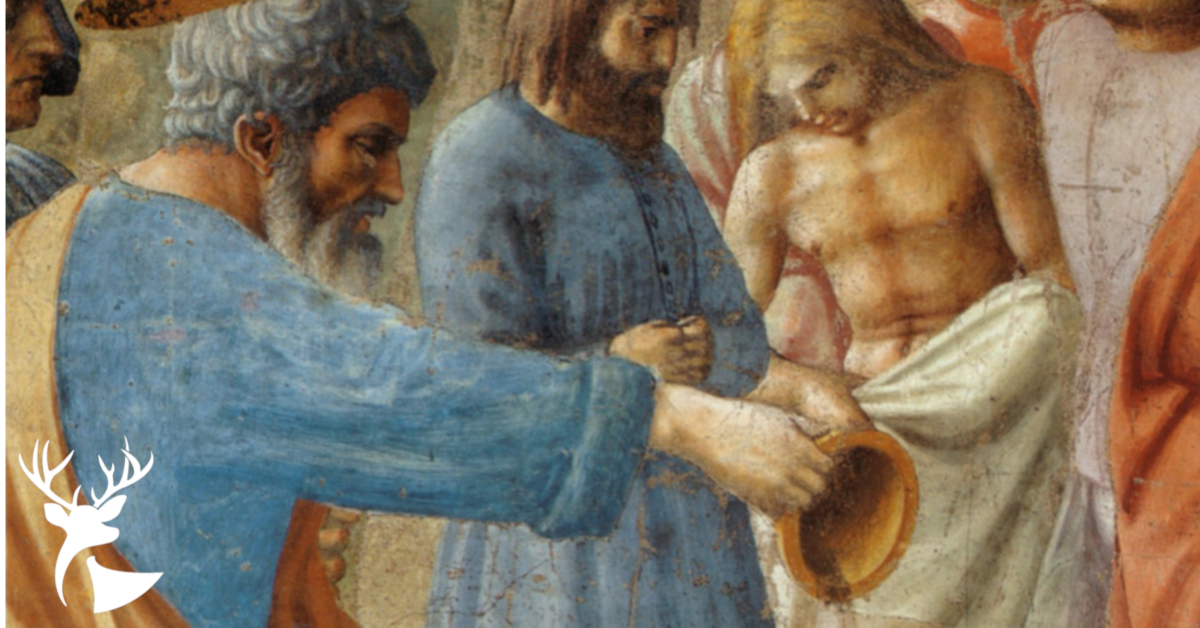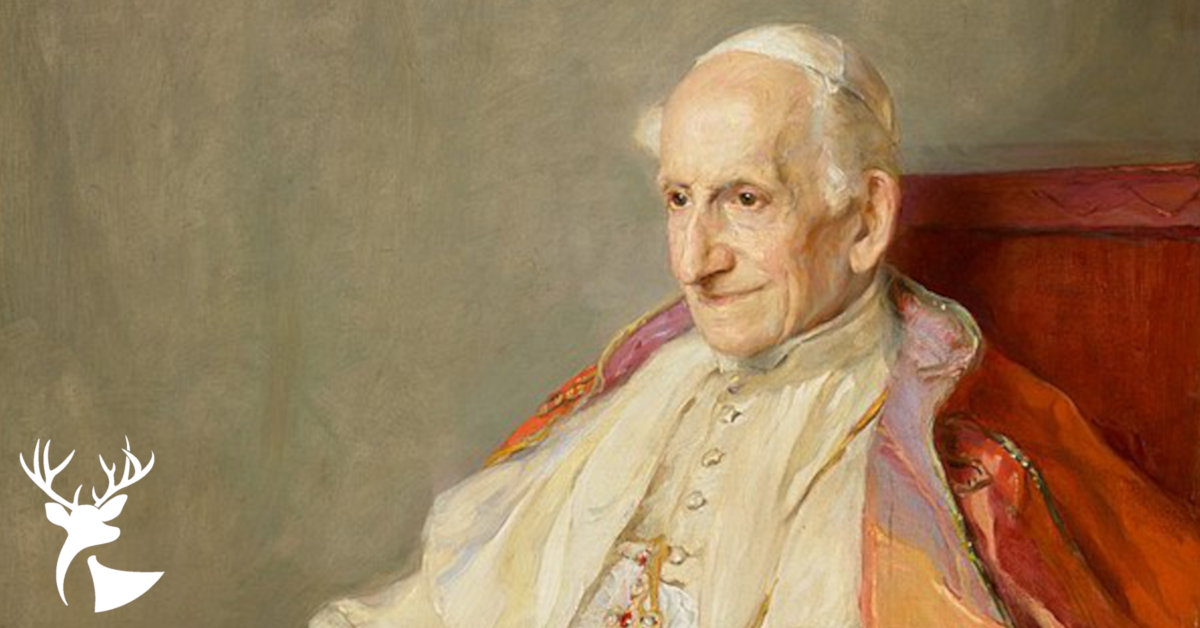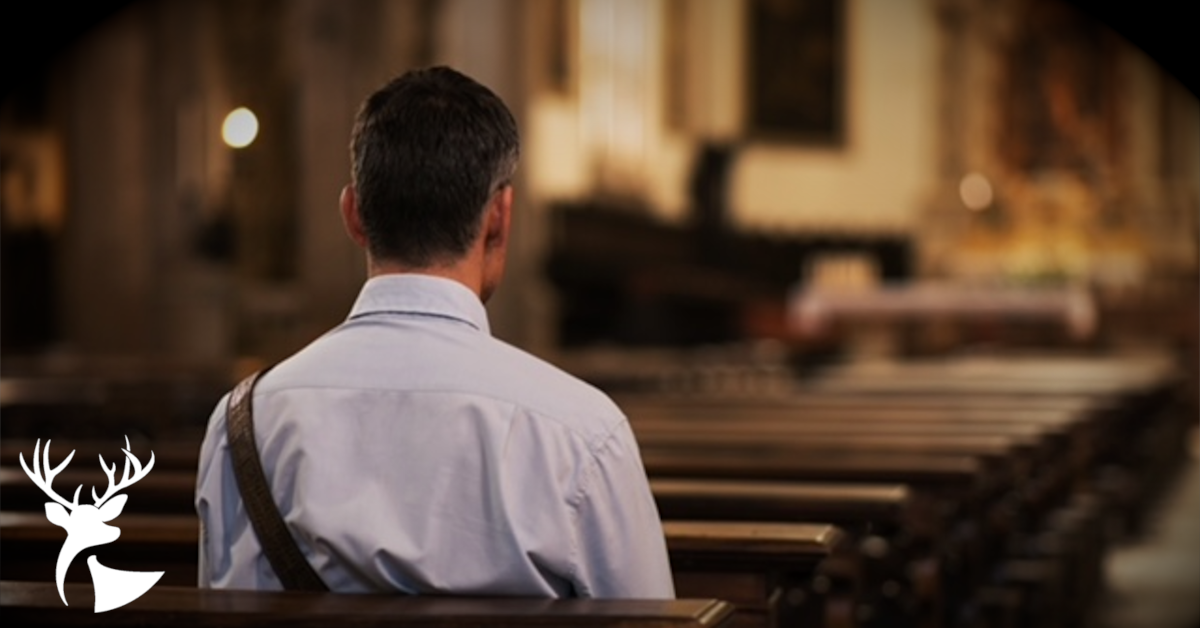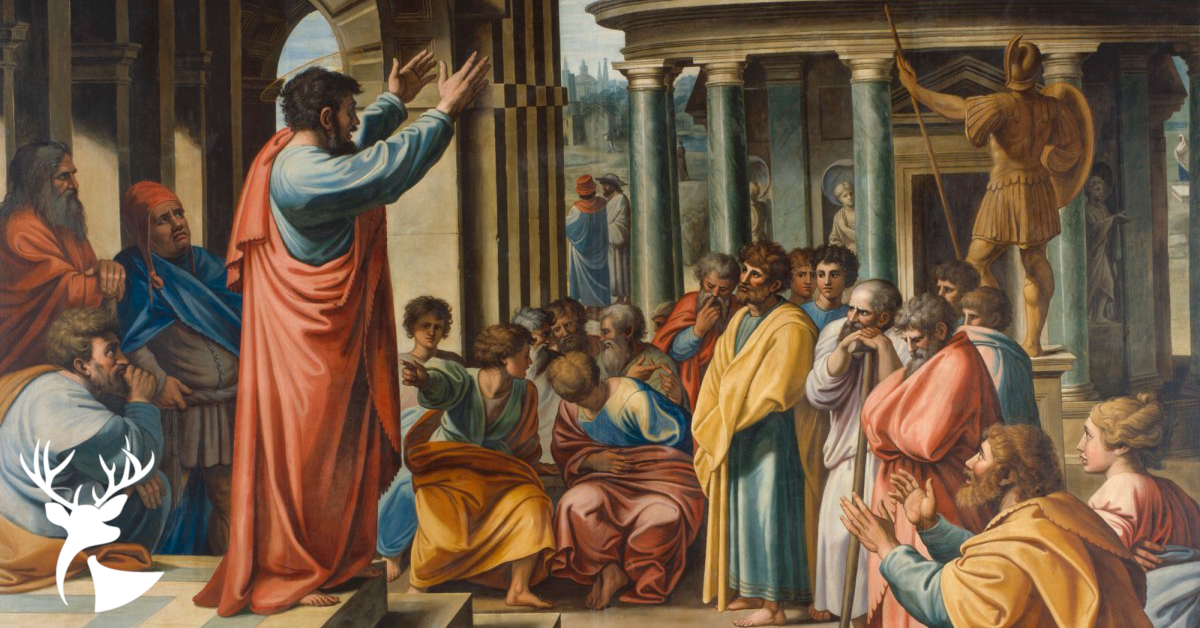
Humans are Religious Animals
By Aaron Henderson | December 5, 2022
“There is no animal, as Cicero says, except man, which has any knowledge of God. For he alone is furnished with wisdom, so that he alone understands religion; and this is the chief or only difference between man and the dumb animals.”
—Lactantius, On the Wrath of God, §7
← Return to Musings
Humans are Religious Animals
By Aaron Henderson | December 5, 2022
“There is no animal, as Cicero says, except man, which has any knowledge of God. For he alone is furnished with wisdom, so that he alone understands religion; and this is the chief or only difference between man and the dumb animals.”
—Lactantius, On the Wrath of God, §7
When thinking about religion and about our experience thereof, we might contemplate most readily the feelings we have when we pray, or the love we have for God, or perhaps the knowledge we have of God that gives rise to such love. And these are all legitimate aspects of human religious experience and expression. But perhaps we are less ready to see religion as a matter of justice. Religion is a part of justice because justice is about rendering to another what is his due. And just as we owe things to our parents, to our friends, to our coworkers, and so forth, so do we owe things to the God who created us, who sustains us in every moment in being, and who bestows on us every good gift. Religion is about rendering to God what is His due, and thus we see human beings in every time and place offering sacrifices, praying, taking vows and oaths.
Of course, because we live in a fallen world, these religious expressions are inevitably imperfect and sometimes even perverse. Human sacrifice or disordered sexual practices are extreme examples, but even more mundane religious expressions are subject to superstition and sensationalism, founded as they are on incomplete notions of God and of the human person in relation to Him. Nevertheless, the ubiquitous nature of religion testifies to its deep rootedness in human nature. We are fundamentally religious animals. We have what we might call a natural inclination toward religion and its acts.
This might be jarring for many to hear, especially given that atheism is often considered to be the human default. Religion is seen as something extrinsic or foreign to human nature. Or, if it is associated in some way with the evolutionary development of human beings, it is judged to be a vestiguum, a defunct remainder of a bygone age. This understanding, though, is contrary to the evidence. It is contrary to what we know to be true of the human heart, which must always seek its treasure, whether it be in the ego or in power, whatever false god one chooses, or whether it be in the one true God.
St. Thomas Aquinas also articulates a virtue of religion, a stable disposition or habit that allows us to perform acts of devotion that direct us toward God. We ought to cultivate this virtue daily. Jesus does not undermine or contravene the truth and beauty of natural human religiosity. Instead, Christ purifies and perfects human religion. He offers Himself as the insurmountable Sacrifice; He teaches us personally how to pray; He makes holy our vows and oaths. In Christ, we can approach at last the infinite God with the most fitting gifts. In His Church, we can participate even now in the heavenly liturgy and superabundantly fulfill the desire we all possess to order our lives to the God to whom we owe life and breath and everything.
More Reading

Dr. Aaron Henderson is a Faculty Tutor for the Alcuin Institute for Catholic Culture.


